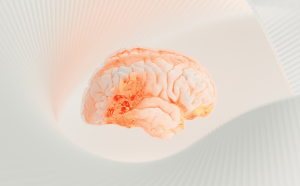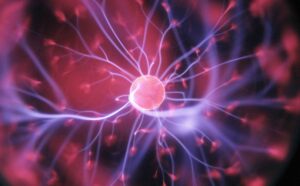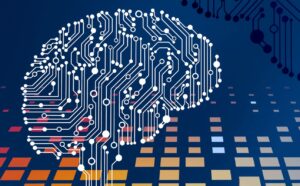Written by: Dr. Merit Cudkowicz, MD / MSC, Chair of Neurology, Massachusetts General Hospital, Director of the Sean M. Healey & AMG Center for ALS, and the Julieanne Dorn Professor of Neurology at Harvard Medical School
Repair and regeneration is an emerging field of research with a focus on finding a cure for ALS. At its core, this research aims to comprehensively understand the root causes of ALS, encompassing all its potential subtypes. The ambition of this field is twofold: first, to develop therapies that can effectively halt and prevent the progression of the disease; and second, to foster nerve regeneration, empowering individuals with ALS to recover muscle strength and functionality.
For those living with ALS, the prospect of regaining even the smallest motor functions, like moving a finger or hand, can dramatically reduce feelings of isolation, enhancing communication and overall quality of life. Our research strategy is geared towards arresting the inexorable loss of motor functions characteristic of ALS and initiating the repair of damaged motor nerve axons and their connections to muscles, enabling improvement and recovery.
Historically, ALS research and therapy development has been primarily aimed at slowing the disease’s progression. However, the paradigm has shifted significantly. The concept of not only halting but also reversing ALS – enabling patients to recover lost functions – is now a tangible goal. This evolution in approach has been galvanized by observed improvements in patients (people getting better) participating in certain gene therapy trials for familial ALS, where treatments directly addressed the disease’s root cause.
However, there remains a substantial amount of research to be conducted, particularly in understanding the cause of ALS in the approximate 85% of cases classified as sporadic ALS, where no genetic mutation is identified as the cause. Our goal is to find the root causes in these forms of ALS and to augment and support the body’s innate capacity for self-repair.
Considering that nerve damage is a common denominator in numerous brain and spinal cord disorders, it is crucial to recruit scientists across various neuroscience disciplines who are unraveling the molecular pathways behind neuronal repair and regeneration. We aim to draw these experts towards ALS research, fostering collaboration and hastening the restoration of function for a range of brain and spinal cord disorders.
The promise of the repair and regeneration field for individuals with ALS is immense. We are committed to accelerating this research, uncovering novel approaches, harnessing advanced technologies, and translating findings into tangible treatments that restore functionality to those affected by ALS. Our global community of researchers is dedicated to exploring every avenue to expedite research that will restore function to those living with ALS. We are actively raising funds to foster collaboration, share expertise, and support promising ideas, ensuring the most effective approaches swiftly progress to clinical trials.





